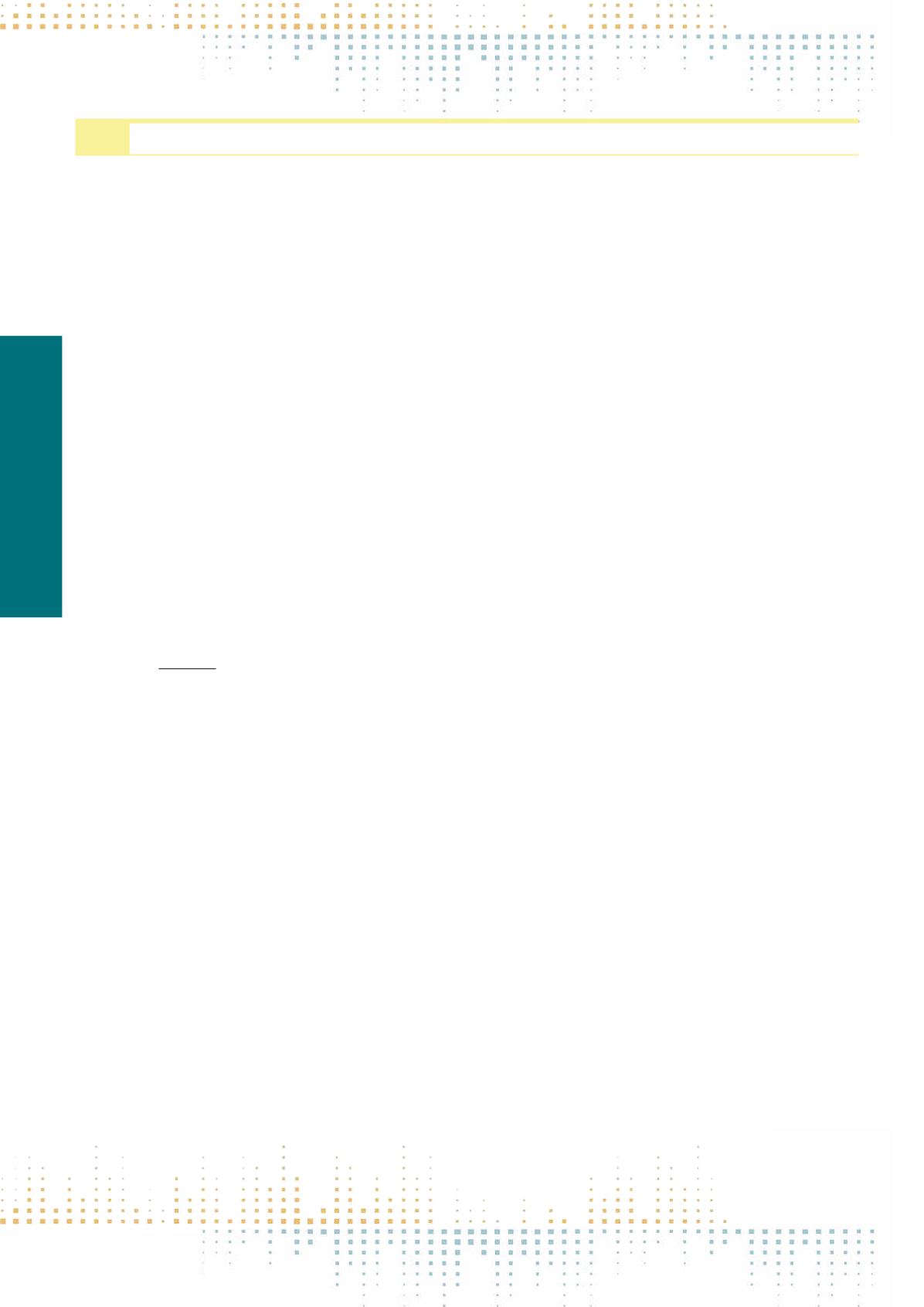

182
Friday, November 11
0 9 : 0 0 – 1 0 : 3 0
DMM02 Mediating Europe. Digital Diasporas and Belonging
S. Ponzanesi
1
1
Utrecht University, Media and Culture Studies, Utrecht, Netherlands
Migration has always been mediated, and the forms of mediation have been diverse. Migrants previously depended on the writing of letters and sending
of photographs. Audio-recording and cassette have been also a very useful medium to keep in touch, especially in cases of illiteracy or multilingualism. It
is obvious that migration have changed significantly in the last decade. We are now talking of modern migration, and of ‘connected migrants’(Diminescu,
year 2008), who manage to define their routes via GPS, alter their journey on the basis of information gathered on social media, ready to send home their
first selfies once they manage to reach the destination. The smart phones become the personal and public archive, where all conversations, pictures and
messages are stored. Face-time, skype, facebook, audio chat, instant messaging constitute the new forms of bridging distance through digital intimacy.This
makes the notion of ‘polimedia’ more viable offering migrants a palette of opportunities and diversified channels through which they want to engage in
communication and connectivity. Through this panel we want to contribute to new theoretical, methodological and empirical understanding of how these
new mediated migrations effect new construction of belonging and European identity forming. We will do so by presenting the preliminary results of our
5-year ERC research project entitled CONNECTINGEUROPE, ‘Digital Crossings in Europe. Migration, Diaspora and Belonging.” In our ERC project we aim to
contribute to a renewed understanding of the notion of digital diasporas and the ways in which they help us understand the challenges and opportunities
of living with difference in contemporary Europe. Rationale of the
panel:Theobjective of this panel is to contribute to this area of scholarly enquiry by focus‑
ing on Europe, and exploring in particular migrant women’s own perceptions of actual physical and networked spaces, Europeanness and multiculturalism,
particularly through their digital practices (social networking sites, websites, blogs, Twitter, video-chat and smartphones) and diasporic networks, making
reference not to the dislocated but to the connected migrant (Diminescu 2008).While traditional concepts of diasporas have been widely studied in relation
to ‘identity’ (Safran, 1991; Brah, 1996; Hall, 1993; Gilroy, 1993), key questions related with diasporas and digital reformations remain underexplored and
the notion of digital diasporas undertheorised. As digital communication constitutes an increasingly significant element of cultural life, there is urgent
need to advance our understanding of the consequences of digital(ized) cultures for participation, citizenship and intercultural communication (Appadurai,
1996; Georgiou, 2006; Everett, 2009; Leurs and Ponzanesi, 2011; Christensen, 2011). Through the different presentations we offer the preliminary results
of our international project which focuses on female migrants from Somali, Turkish and Romanian backgrounds, living in Europe’s main metropolitan
centres (London, Amsterdam, Rome). This comparative and multi-sited approach allow to address different patterns of migration and integration in Europe
(colonial, labour, postsocialist) which account for Europe’s imperial past, as well as post-war patterns of migration and processes of European integration,
often played out around urban centres (Balibar 2003).
PN 183
Digital Europe and the Postcolonial Challenge
S. Ponzanesi
1
1
Utrecht University, Media and Culture Studies, Utrecht, Netherlands
Advancing studies on postcolonial digital humanities is essential to lay the ground for an interdisciplinary understanding of migrant communities online.
This talk brings together perspectives from postcolonial studies, with its wide pedigree on theorising migration and diaspora, and new media discourse on
virtual identities and communities (Odin, 1997; Fernandez, 1999; Nayar, 2010). A combined approach can yield useful insights into the understanding of mi‑
gration, diaspora and identity, in order to avoid what Nakamura defines as “cosmetic multiculturalism”(2002: 21). This refers to the utopian myth created
by the technology industry about the democratic power of internet and the chances for levelling and elision of differences, gaps and divide (Amin, 2010;
Stoler, 2013; Daniels, 2012; Franklin, 2013; Titley, 2014). I will introduce the theoretical underpinning of our project CONNECTINGEUROPE and the ways in
which it contributes in concrete and innovative ways to debates on migration and digital technologies, two fields of studies that have rarely intersected
outside of the national and mono-ethnic approach. Thanks to the ERC project we will do so by focusing: on the one hand, on longstanding and historical
diasporic identities in Europe (colonial, labour, postsocialist), and on the other, on new forms of digital communication that reinforce, reinvent and chal‑
lenge patterns of unity and diversity in Europe forwarding new cosmopolitan networks. It will do so by focusing on three main interrelated issues dealt
through a multimethod approach that combines digital methods with virtual ethnography, in-depth interviews and discourse analysis: a) how migration
and technologies enable digital diasporas (Somali, Turkish, Romanian) that reconfigure notions of gender, diaspora and belonging in European urban
centres; b) how these entanglements are perceived and connected from outside Europe, by focusing on the politics of home and transnational affective ties;
c) how do digital connections create new possibilities for cosmopolitan outlooks, rearticulating European motto of ‘Unity in Diversity’. References: Amin,
A. 2010. “The Remainders of Race.” Theory, Culture, Society, 27(1): 1–23. Daniels, J. 2012. “Race and Racism in Internet Studies.” New Media & Society,
15(5): 695–719. Fernández, M. 1999. “Postcolonial Media Theory.”Third Text, 13(17): 11–17 Franklin, M.I. 2013. Digital Dilemmas: Power, Resistance, and
the Internet. Oxford: OUP. Odin, J. 1997.“The Edge of Difference: Negotiations Between the Hypertextual and the Postcolonial”MSF, Modern Fiction Studies.
43(3): 598–630. Nakamura, L. 2002. Cybertypes. Race, Ethnicity and Identity on the Internet. New York: Routledge. Nayar, P. K. 2010. An Introduction to
New Media and Cyberculture. Oxford: Wiley-Blackwell. Stoler, L.A. (ed.). 2013. Imperial Debris: On Ruins and Ruination. Durham: Duke University Press.



















